New Scientist covers the latest developments in science and technology that will impact your world. New Scientist employs and commissions the best writers in their fields from all over the world. Our editorial team provide cutting-edge news, award-winning features and reports, written in concise and clear language that puts discoveries and advances in the context of everyday life today and in the future.
Fairer sex research • Female biology is messy, but has much to tell us about human health
New Scientist
A stellar surprise hiding in the dark
Strange holes may be Inca spreadsheet • Thousands of holes arranged in a snake-like pattern on Monte Sierpe in Peru could have been a massive accounting system for trade and tax, reports Chris Simms
Covid raised risk of heart issues in children more than vaccination
Odds of asteroid hitting the moon could soon rise
Toxic algae blighting South Australia could pose a global threat
Sleep doesn’t come slowly, but rather all at once
Is reproduction the cause of ageing? • Pregnancy may divert energy away from DNA repair, which could drive ageing in some women – but perhaps only when environmental conditions are tough, finds Manuela Callari
DNA find may rewrite Iceland’s history • Biochemical evidence suggests that the first people settled in Iceland many decades before the accepted arrival date – and didn’t chop down the island’s forests, explains Chris Simms
Martian caves could be the result of ancient water flows
Australia is getting free electricity – will other countries follow? • An attempt to change people’s energy consumption habits might become an example for the rest of the world, says James Woodford
Computer may solve maths debate • For over a decade, mathematicians have failed to agree whether a 500-page proof is correct. Now, there may finally be a way settle the matter, reports Alex Wilkins
Skeleton with savage injuries belonged to assassinated royal
Chances of life in Enceladus’s ocean are now even higher
Cosmic rays destroy comet clues • Evidence of where interstellar visitor 3I/ATLAS came from may have been lost in space
Enamel-boosting gel may remove the need for fillings
Map reveals the Roman Empire’s vast road network
Grafting technique could let us gene-edit a huge variety of plants
Three-legged lion hunts like a leopard
Have we built a prototype of the quantum internet?
Daily steps slow Alzheimer’s decline • Walking just 3000 steps seems to prevent the build-up of misfolded proteins in the brain
Black hole rips star apart to produce brightest ever flare
Antarctic glacier retreats at record rate
Supremely selfish • A study hammers home how the “survival of the nicest” view makes no sense when it comes to evolution, says Jonathan R. Goodman
This changes everything • We don’t need no education New technologies and academic funding cuts are upending the ways we learn today. Newly enrolled student Annalee Newitz finds some silver linings
Robotic realms
Unravelling the DNA story • Fascinated by DNA? Then this biography of Francis Crick, who co-discovered its structure, is for you. Michael Le Page finds plenty of surprises
A bad case of superiority • The myth of human exceptionalism needs a final demolition job, argues a provocative, moving book. Elle Hunt explores
New Scientist recommends
The TV column • One among many From the showrunner behind Breaking Bad comes Pluribus. It is a smart sci-fi series with a deceptively rich premise about happiness – and Carol, the most miserable person on Earth, as its foil, finds Bethan Ackerley
Your letters
Knowing when to quit • We admire perseverance, but giving up on...
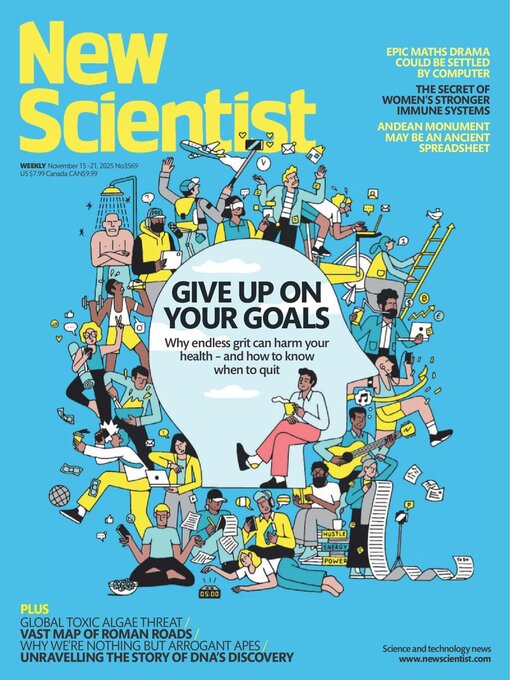
 Feb 28 2026
Feb 28 2026
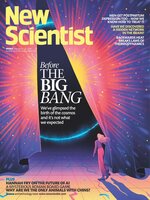 Feb 21 2026
Feb 21 2026
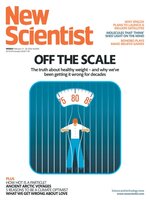 Feb 14 2026
Feb 14 2026
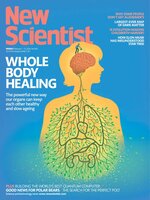 Feb 07 2026
Feb 07 2026
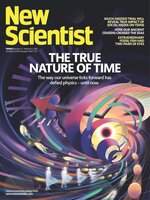 Jan 31 2026
Jan 31 2026
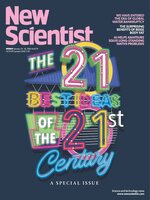 Jan 24 2026
Jan 24 2026
 Jan 17 2026
Jan 17 2026
 Jan 10 2026
Jan 10 2026
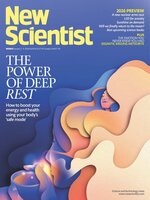 Jan 03 2026
Jan 03 2026
 Dec 27 2025
Dec 27 2025
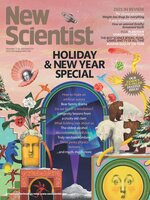 13-26 December 2025
13-26 December 2025
 Dec 06 2025
Dec 06 2025
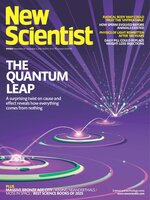 Nov 29 2025
Nov 29 2025
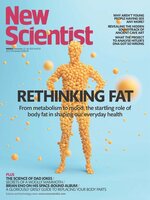 Nov 22 2025
Nov 22 2025
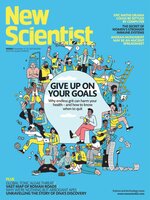 Nov 15 2025
Nov 15 2025
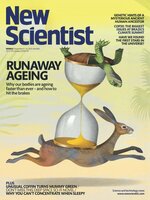 Nov 08 2025
Nov 08 2025
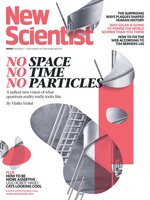 Nov 01 2025
Nov 01 2025
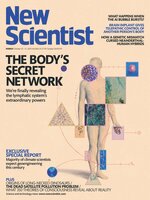 Oct 25 2025
Oct 25 2025
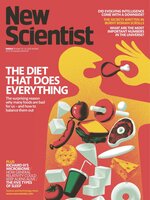 Oct 18 2025
Oct 18 2025
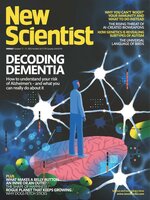 Oct 11 2025
Oct 11 2025
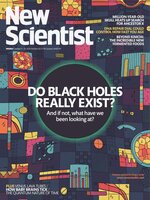 Oct 04 2025
Oct 04 2025
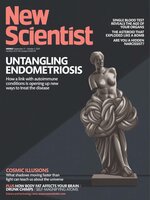 Sep 27 2025
Sep 27 2025
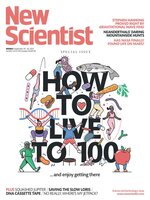 Sep 20 2025
Sep 20 2025
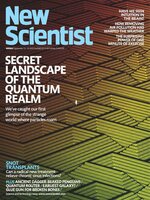 Sep 13 2025
Sep 13 2025